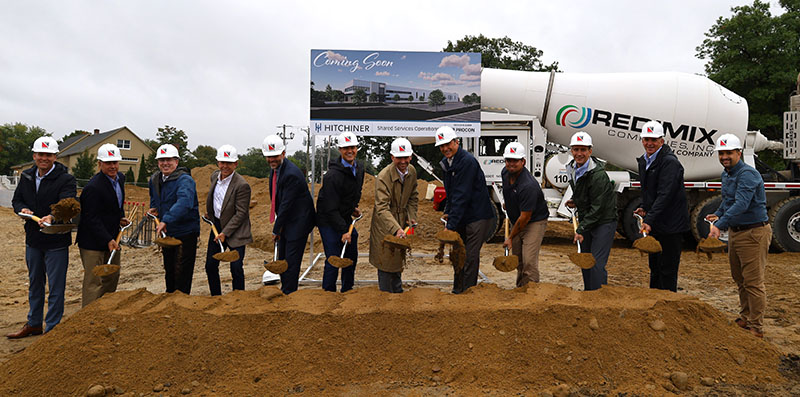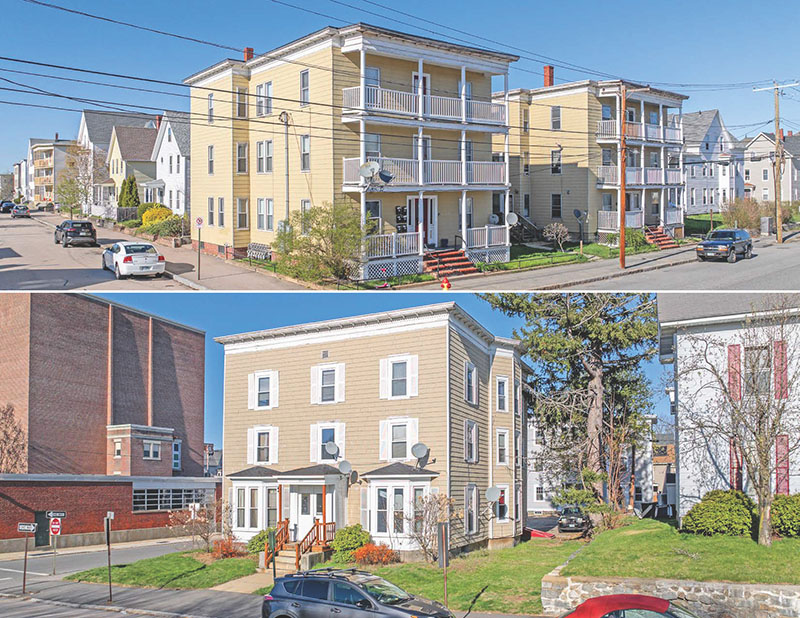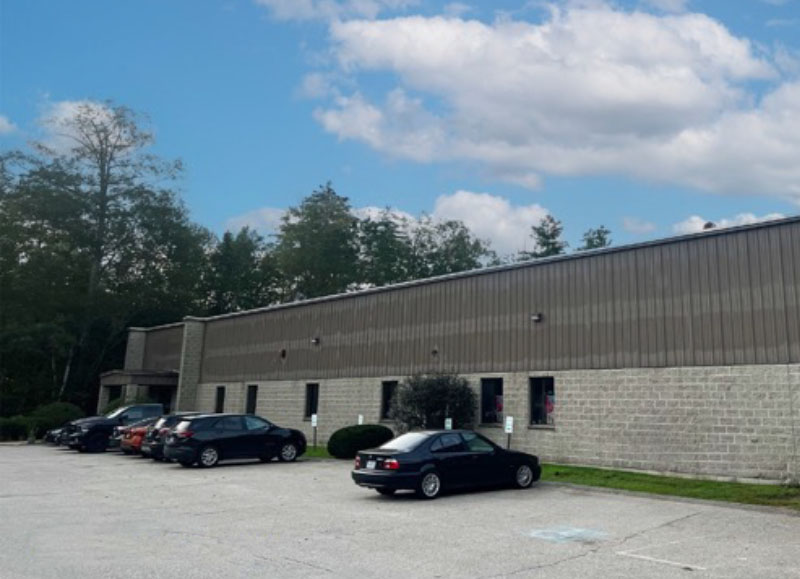New Hampshire Commercial Investment Board of Realtors’ Public Policy Committee - by Kathy DeMello
 Kathy DeMello, Berkshire Hathaway Verani
Kathy DeMello, Berkshire Hathaway VeraniOne of New Hampshire Commercial Investment Board of Realtors’ largest committees is the Public Policy Committee. This committee keeps a watchful eye on what is going on at the state and national level in the legislative arena that effects, or could effect, the growth of New Hampshire and, therefore, the growth of business in the state. Tops on the agenda is the availability and cost of energy in New England, and particularly in New Hampshire and its effect on businesses.
At the New Hampshire Commercial Investment Board of Realtors, we see we have many things to be thankful for here in New Hampshire. Our cold winters, however, don’t rank on the top of our list of blessings.
Our energy costs are so much higher than other parts of the country, that New Hampshire is at a major competitive disadvantage when it comes to recruiting, growing and retaining businesses. This is especially true when it comes to manufacturing companies that are relatively large consumers of energy. As an example, Sig Sauer just recently announced plans regarding their next plant. Instead of following the dramatic growth plans we have seen them experience in New Hampshire (their first choice), they have announced plans to build their next new 70,000 s/f plant in Arkansas because their energy costs would be less than half, generating over a $1 million in savings annually from energy alone.
We all recognize that having New Hampshire remain an attractive place for businesses offers many advantages for us, including having the jobs to keep nearby residents employed. Commercial taxes provide substantial relief for property taxes in many communities that would otherwise be the exclusive burden of home owners. While the energy problem here in New Hampshire is easy to express, we don’t have enough sources of energy available to us. The solution is complicated. There is no one single solution. We need to invest in many forms of energy that are economically feasible and available to us. These forms include natural gas, hydro-electric and renewable resources, in addition to some renewed attention to energy conservation in general. It is only through development of all the feasible sources available to us that we can expect to have a substantial impact on the negative influence that energy costs have on businesses here in New Hampshire.
We were encouraged to hear the governor and his new administration has also made this a priority and encourage him to take the lead in championing reduced energy costs here in New Hampshire. We ask the legislature and the public at large to support the governor in this effort.
Kathy DeMello is the 2017 president of the NH CIBOR, Bedford, N.H.
PROCON and Hitchiner break ground on 57,000 s/f shared services operations facility








